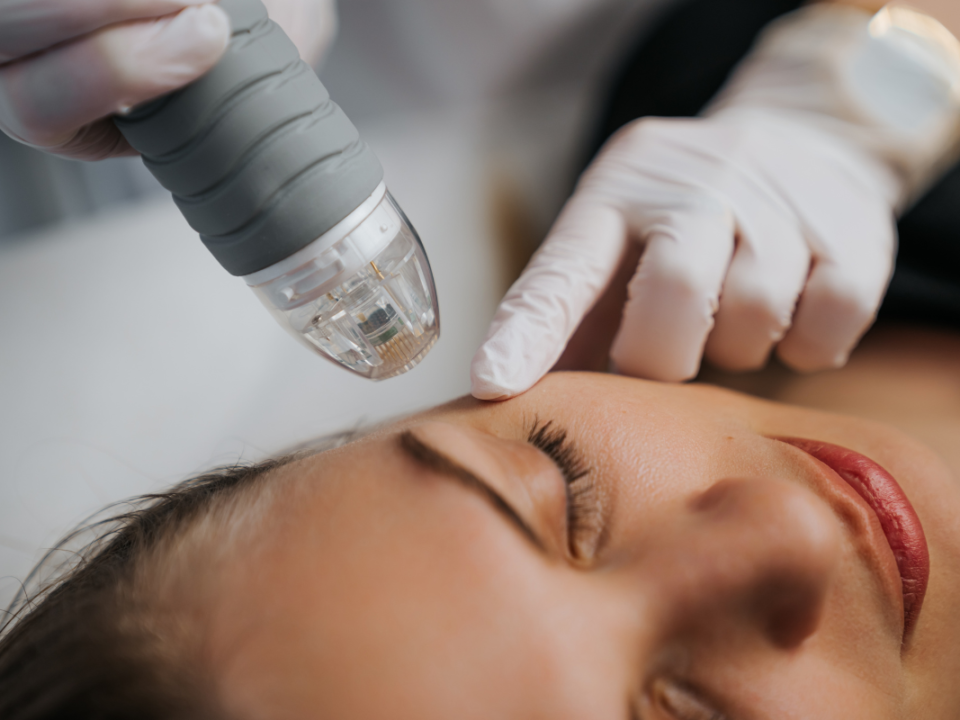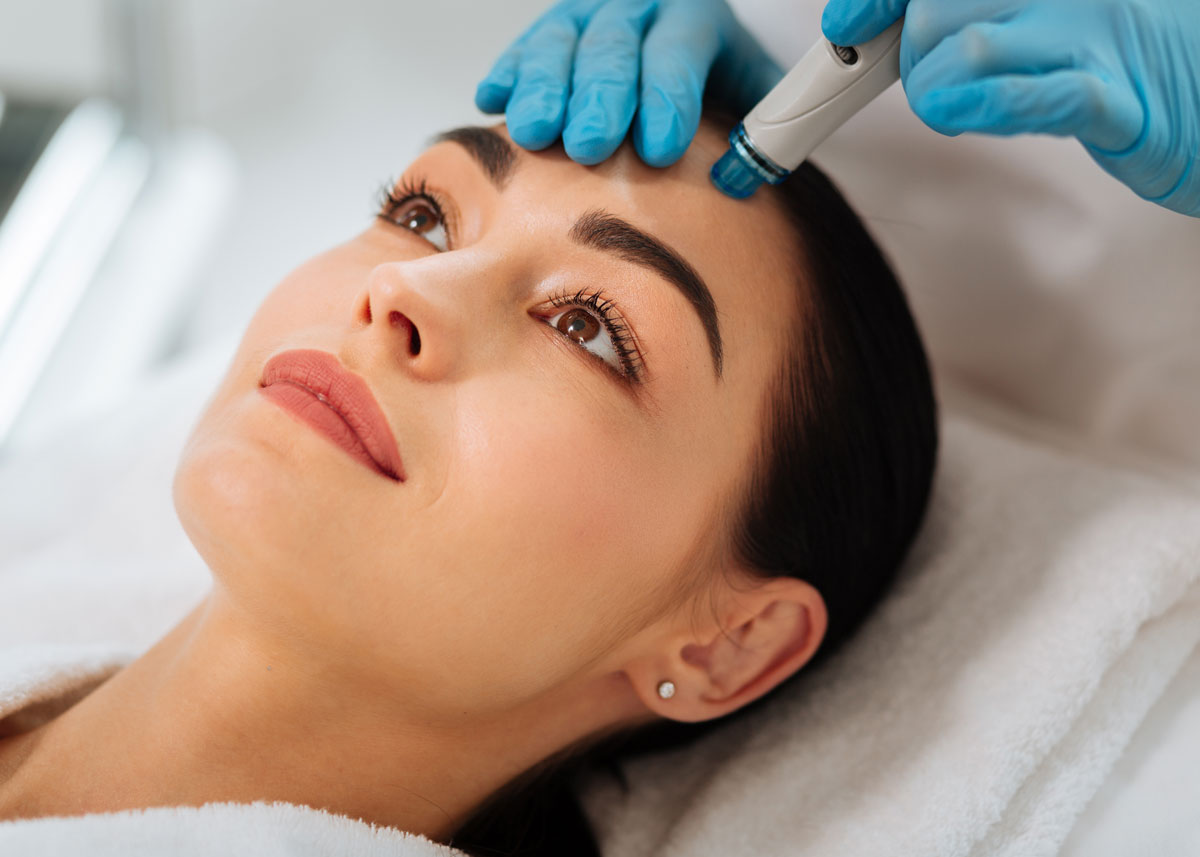
Diamond Glow vs. HydraFacial: What You Should Choose
July 3, 2023
What Are The Foods That Cause Skin Darkening?
July 31, 2023Many people wish to remove their unwanted hair permanently; they feel unhappy with shaving, waxing, or tweezing and constantly search for a longer-lasting method. Laser hair removal is one of the most common and effective methods to remove unwanted hair.
If there is little contrast between your hair and skin color, try a more advanced laser technology such as Diolaze XL. This article will discuss the benefits of laser hair removal and Diolaze XL and the common side effects.
How Does Laser Hair Removal Work?
During your treatment, the laser beam targets the pigment in the hair follicle and destroys it. Removing most of the unwanted hair usually takes between 6 to 10 sessions. It depends on your skin type and color, as well as your hair color and thickness, hormonal status, drug use, sun exposure, and race.
Areas where you can get laser hair removal done include:
- Legs
- Face (upper lip, chin, forehead, sideburns, hairline, nose)
- Underarms
- Back
- Bikini area
- Hands
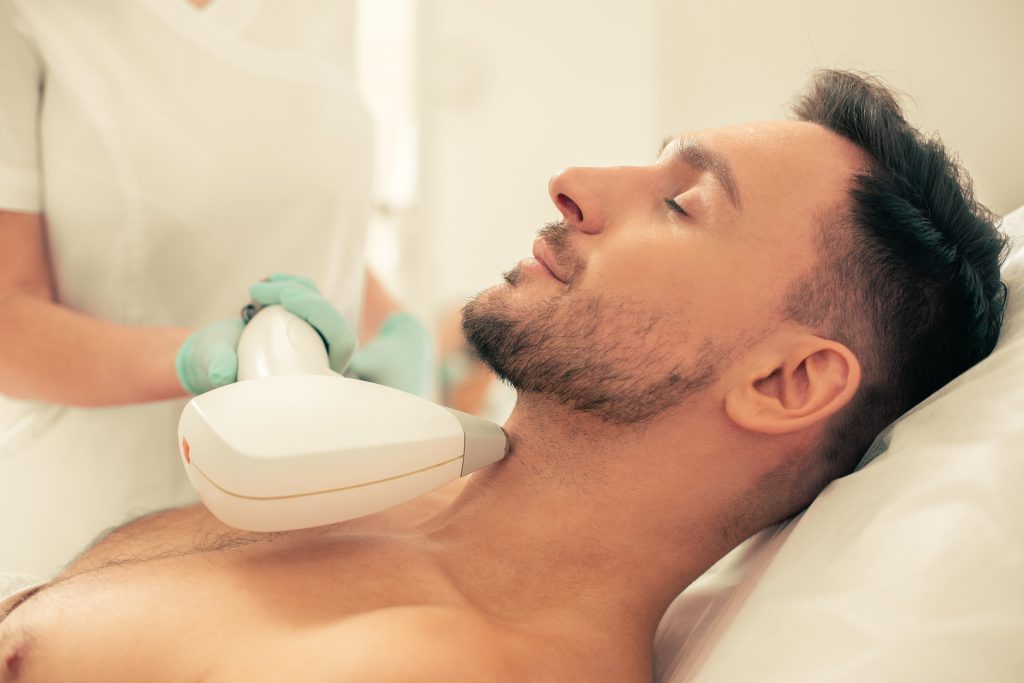
Precautions for the Laser Hair Removal Treatment
The body parts exposed to the laser beams should be cleaned before treatment. It is better to bathe before your appointment; do not use moisturizers or other products afterward. You’d better avoid tanning your skin a month before your laser hair removal appointment. You must also avoid waxing or bleaching your facial or body hair six weeks before the procedure.
Aftercare for the Laser Hair Removal Treatment
After the procedure, you might notice redness for a few hours. To reduce discomfort, you could use cold packs, water, or anti-inflammatory lotions. Peeling, scrubbing, washing, and rubbing the skin post-treatment will irritate it. Avoid steam rooms and hot water for up to 48 hours to reduce laser hair removal pain. Also, the affected area should not be exposed to direct sunlight, and high SPF sunscreen should be used freely to prevent pigment changes in the treated area.
Benefits of Laser Hair Removal
laser hair removal benefits are numerous. Here are just a few of the most important ones:
- High precision
- High speed
- Affordable price
- Predictable results
- Suitable for all parts of the body
- Painless
- Long-term solution
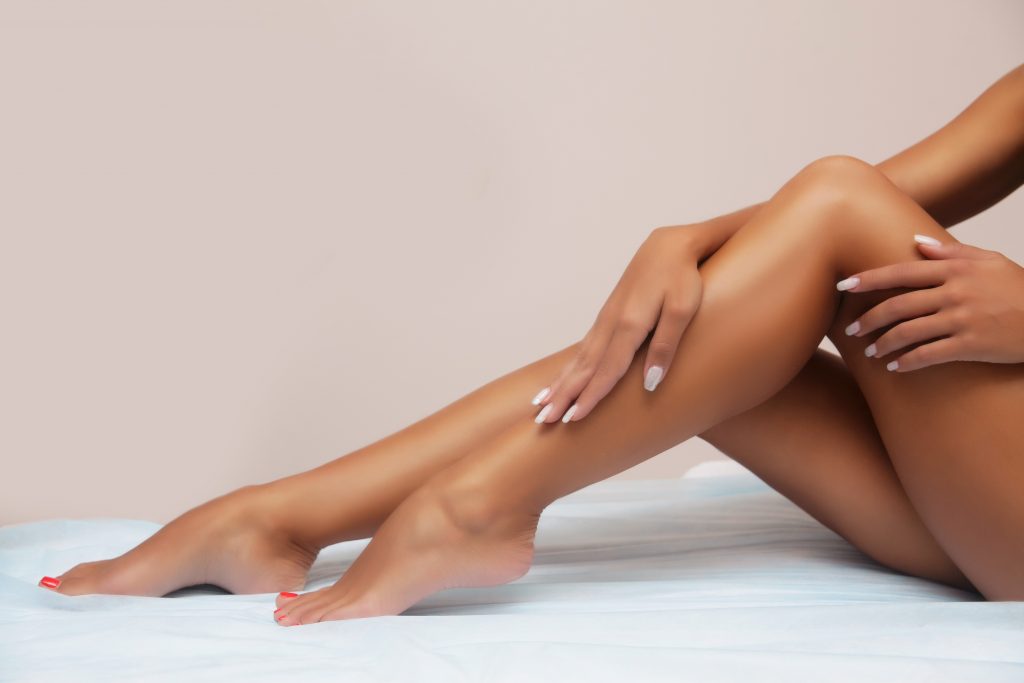
Laser Hair Removal Side Effects
Possible side effects of laser hair removal are very mild and last one to three days. If you see permanent scarring or changes in skin color, you must visit a dermatologist. These side effects include:
- Discomfort
- Swelling
- Redness
- Blistering
- Cold sores
- Infections
- Scarring
- Skin lightening or darkening
Is Laser Hair Removal Safe?
The laser beams only affect the surface layer of the skin and hair follicles, so it’s not dangerous to your internal organs. Moreover, you don’t have to worry about its side effects on the skin either. It is all safe if a well-trained laser technician completes the procedure.
Is Laser Hair Removal Painful?
This procedure is generally painless, but you might feel slight pain based on your pain threshold. An experienced operator is recommended to reduce laser hair removal pain and the occasional side effects. Cooling devices and built-in cooling systems keep the skin nice and cool during and after treatment and help alleviate the pain.

Who Shouldn’t Go for Laser Hair Removal?
Although the side effects of laser hair removal are minimal, people with these conditions may need to postpone it:
- People who have used tanning sprays or have tanned under the sun or on a tanning bed
- People taking antibiotics or specific vitamins
- People wearing makeup
- People on their period
- Pregnant women
- people with specific diseases
Is At-Home Laser Hair Removal Safe?
Removing laser hair at home might be a good idea. Some at-home lasers are safe but less powerful than professional ones. It’s important to know they are unsuitable for all skin tones and work best when targeting dark, coarse hairs.
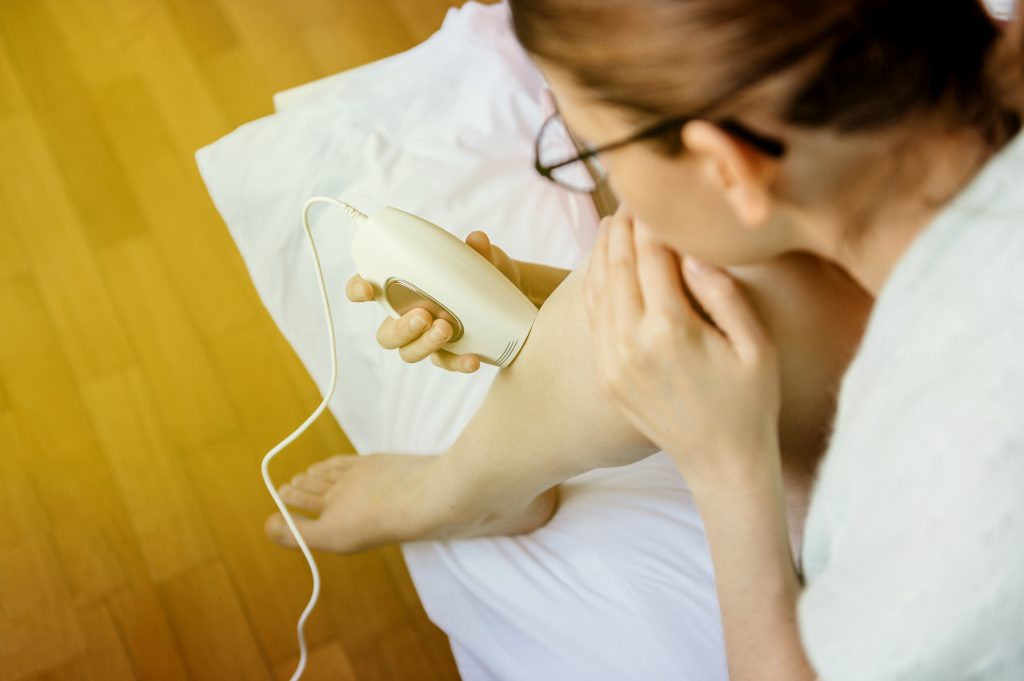
Diolaze XL
If you have light blond and finer hair, we suggest you choose Diolaze XL. The Diolaze XL is a hair removal technique with the standard wavelength that can target and remove less pigmented hairs.
This device is excellent for people of all ages, skin types, and genders with fine hair. The Diolaze XL is designed with a modern diode laser and can offer the safest and most efficient hair removal. The procedure should be repeated 4 to 6 times based on your hair color and skin type.
Benefits of Diolaze XL
Diolaze XL has a sapphire 3CP tip and a built-in cooling surface to calm the skin. The advantages of Diolaze XL include:
- Fast and effective removal of men’s and women’s hair
- Permanent solution
- Safe procedure
- Painless method
- Suitable for all parts of the body
- Time-efficient
- Affordable
- Ideal for all types of skin
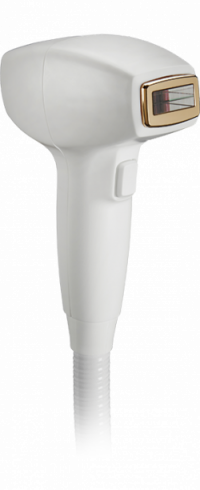
Our Last Note
This article discussed the benefits of laser hair removal and answered common concerns about this procedure. Suppose you are looking for a trusted professional for your laser treatment. In that case, you can trust TatoyanMD Medspa for comfortable treatment with the help of a qualified team in a friendly environment.
Contact us to plan a free consultation with our dermatologist to achieve the ideal outcome when you are sure you want to go for the treatment.
FAQ for Laser Hair Removal
Can I have laser hair removal at home?
Yes, you can. However, at-home lasers are less effective than professional ones.
Is laser hair removal safe during pregnancy?
We are afraid you can’t have this procedure during pregnancy.
Is laser hair removal better than waxing?
Yes. Not only it lasts longer, but it’s also less painful.



